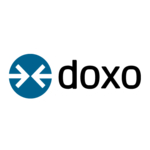Cashfac adds analytics capabilities for corporates and banks
Cashfac Technologies, a specialist market leader in bank-to-corporate cash management solutions has launched Cashfac Analytics, a real-time data analysis and reporting module that enables banks and corporates to better understand their cash movements.




























































